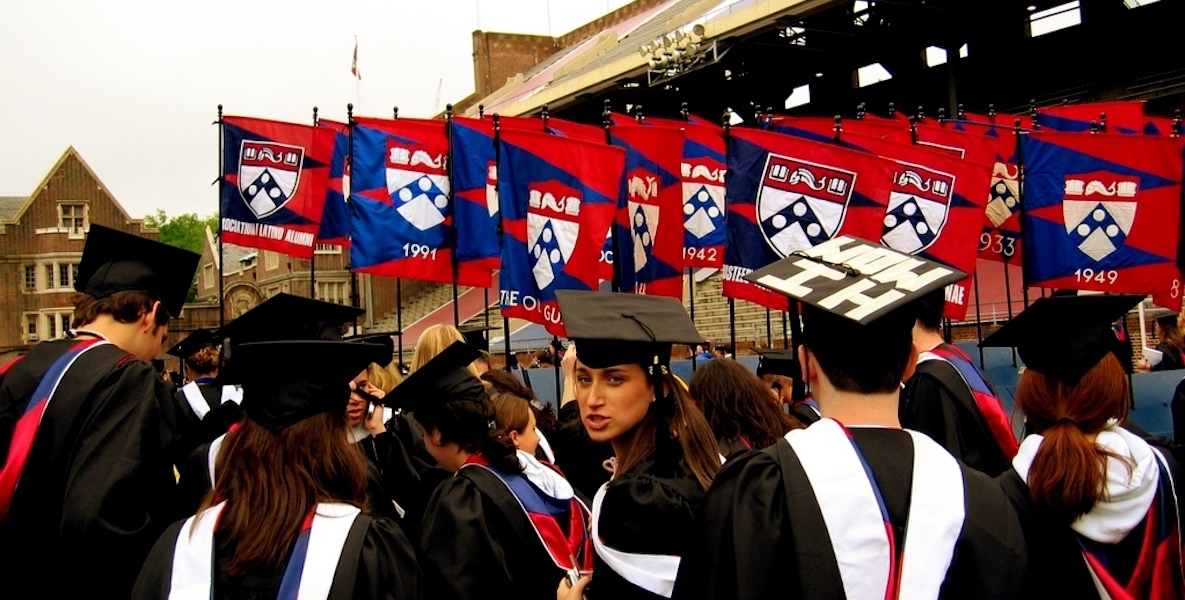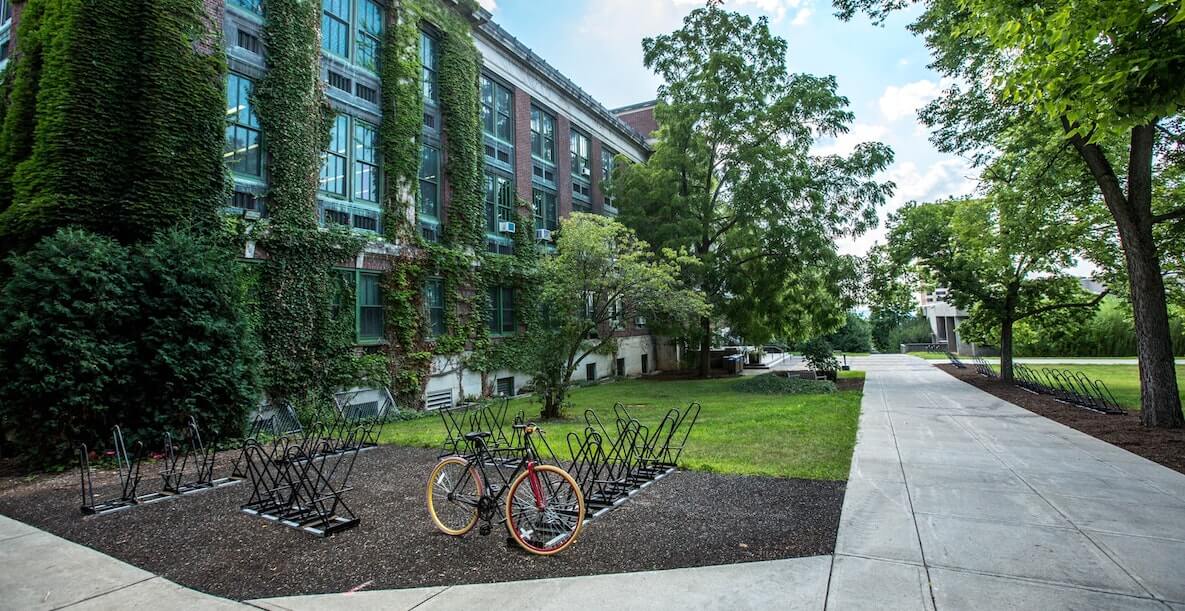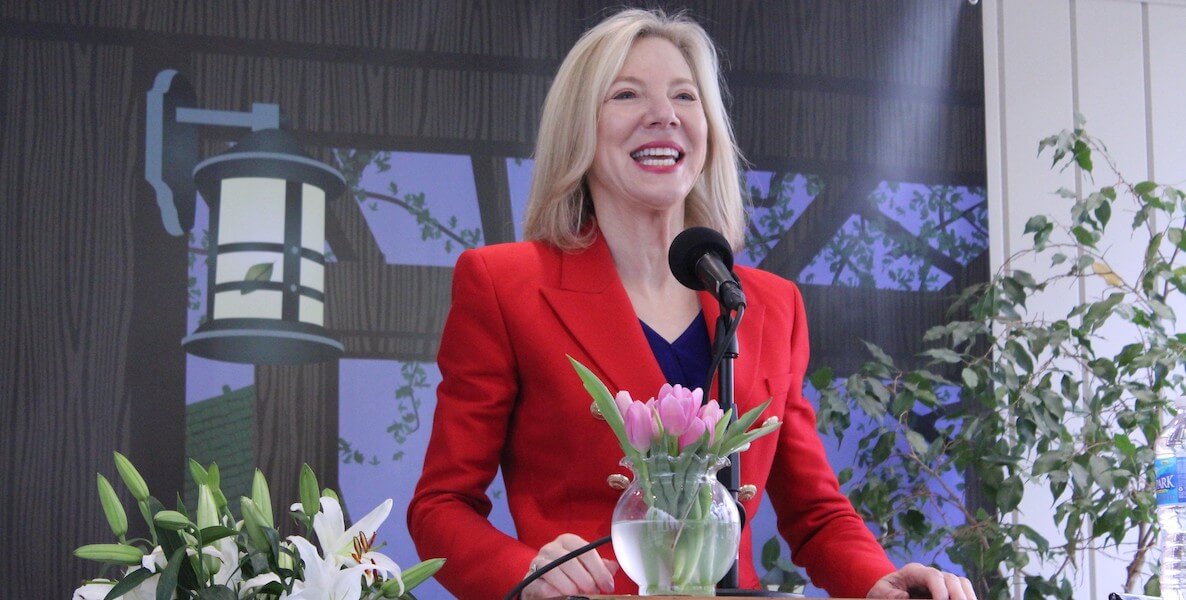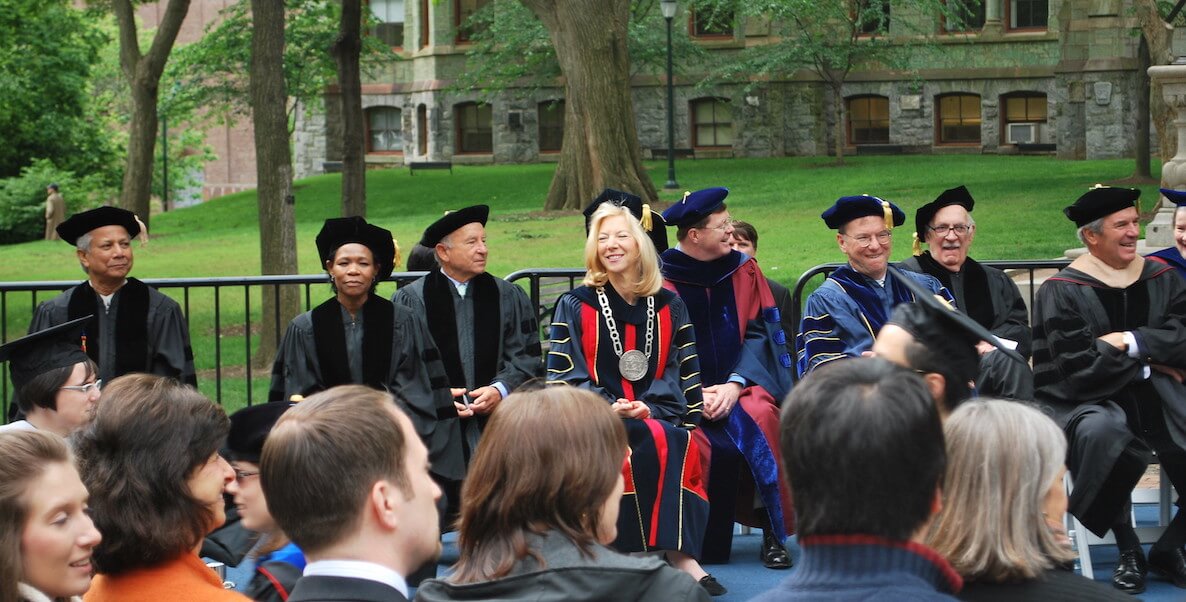In his first press conference as new president of Temple University last month Jason Wingard demonstrated that he understands at least one complexity of the job he is about to undertake: For change to be meaningful and enduring, it must connect past, present, and future.
Wingard referenced his passion for the university, going back to his eight-year-old self, listening intently to inspirational advice from legendary Temple basketball coach, John Chaney. Then he articulated three guiding themes for his leadership: to be chief ambassador; to enhance Temple’s value proposition; and to promote community engagement, continuing Temple’s identity as Philadelphia’s university.
Good start, President Wingard!
Wingard is the newest university president in Philadelphia at a time when we are about to see a tremendous turnover in who leads our higher-education institutions. Penn’s Amy Gutmann is leaving next June to become President Biden’s ambassador to Germany, pending Senate approval; Widener’s Julie Wollman is leaving her post to go back to teaching; La Salle’s Colleen Hanycz departed in June, for the presidency of Cincinnati’s Xavier University; and Drexel’s John Fry announced he’s ready to move on sometime before or around the end of his contract in two years.
This could have huge implications for not just higher ed in Philly, but for the city itself. Our region has a chance to lead the nation in higher education reform—reform that is crucial to democracy, to ensure the story of the 21st century is one of economic equality, rather than further stratification.
MORE ON CHANGING EDUCATION
Philadelphia, the Quaker City, has a long tradition of equity and access. Benjamin Franklin founded the University of Pennsylvania to provide an education based on praxis, the combination of theory and practice, for a broader group than those educated at Harvard, which was focused predominantly on preparing elite young men to be church leaders.
Gutmann honored this tradition, in part with her efforts to ensure the university was accessible to first-generation college students, who now make up one in seven of the school’s undergraduate population. At Drexel, for his part, Fry has strived to make his university a key to creating economic growth in the surrounding area with Schuylkill Yards, Drexel Square and community development work, and in the city writ large through his leadership of the Chamber of Commerce.
Our region has a chance to lead the nation in higher education reform—reform that is crucial to democracy, to ensure the story of the 21st century is one of economic equality, rather than further stratification.
We now have the opportunity to build on what these leaders, and the other two outgoing presidents, have started. Higher education has a special role in creating opportunities for the city and its residents, both through the brain power of university research and by tapping into the human capital nascent in the city.
A proposed agenda for new college and university presidents
Lead Regional Cooperation
For too long, the region’s university presidents have been working in silos, focused on their own institutions and missing the opportunity to combine efforts. It’s now time for universities and colleges to cooperate. Competing for the diminishing number of traditional-age upper-middle-class students has never made sense—or been equitable.
Local institutions, for example, do not compete for the millions of Americans who have earned some college credits but no degree. They have never competed to serve what is now the New Majority in higher education (first-generation, students of color, adults, and military veterans). What’s needed now is a regional, cooperative plan to serve the New Majority. And we need university presidents who will lead this effort.
I’m astounded at how little Philadelphia-area college and university presidents communicate. If they talked with each other more they might find that each institution had its unique role but that the whole can be more than the sum of its parts.
I have direct experience in the value of inter-institutional cooperation. For 13 years, I participated in the Illinois Council of Public University Presidents, and I served three years as the group’s convener. If it was Wednesday at 3 pm, the 12 Illinois public university presidents were on a conference call. Each of us, of course, remembered our obligation to our own university, but the calls were essential to our better serving students state-wide.
Higher education has a special role in creating opportunities for the city and its residents, both through the brain power of university research and by tapping in to the human capital nascent in the city.
Under University of Illinois President Tim Killeen and Executive Vice President Barbara Wilson (now president of the University of Iowa), the state’s powerful and mammoth flagship found ways to cooperate with the small state regional universities. For example, the University of Illinois sponsored joint recruiting events with less-well-known Illinois universities on the theory that the smaller campuses were the right places for many students.
The Illinois multi-campus cooperation served us well during the pandemic. University of Illinois epidemiologists provided detailed scientific information to supplement what we were learning from the CDC. Together we worked out shared principles providing unity in our response, while at the same time allowing for local differences in implementation.
Develop Innovative Pathways from Community College to Four-Year Universities
These pathways go far beyond articulation agreements. High school graduates should be able to enroll full-time in two-degree programs (associate and bachelor’s) with the assurance of community colleges and universities sharing advising and financial support over the four years. Such programs exist, as at Governors State University in Illinois, where I served as president for 13 years. We should steal the idea for Philly.
Encourage faculty and staff to reject old models of instruction in favor of the harder task of of teaching to students’ strengths
Colleges and universities can draw on research done by the Gallup organization and by scholars like Shaun Harper at the University of Southern California (formerly at the University of Pennsylvania) to transform institutions where New Majority students can thrive. For example, the research shows that graduates who had a mentor and professors who cared about them as people, and were encouraged to be excited about learning are three times more likely to succeed post-graduation. Ensuring that happens starts at the top.
Same with breaking down silos inside the university: To create successful citizens who can support themselves and their families requires a combination of skills. Universities must find ways for English majors to learn about technology and for technology majors to study philosophy and history. Education programs must prepare K-12 teachers who can bring out the best in kids, which goes a long way in keeping our streets safe and in educating future leaders..
Characteristics to look for in future university presidents
Accomplishments in leading real-life change
What has the presidential candidate done to leverage intellectual capital to help local government and/or nonprofits? Does the individual have experience in applying research to real-life situations? What about cross-sector collaboration?
These prior experiences have sometimes been achieved non-traditionally. The conventional academic route—department chair, dean, provost, president—is not always the career route for true change-makers. For example, I’m currently working with a distinguished faculty member who has initiated transformations at her institution from the platform of her endowed professorial chair. She also has community-based philanthropy in her background.
A set of principles from which to lead
Presidential search committees should ask for an articulation of these principles and listen for those that reflect core academic values, like academic freedom and responsibility. Potential presidents must understand that delicate balance. I’m not a fan of presidential hires from outside the academic world. Studies have shown that it takes at least 10 years to gain expertise in just about anything—from playing chess to understanding a university. It’s also true that insiders know how to accomplish deep, lasting change in ways that newcomers simply cannot fathom. At the same time, potential university presidents should know how to apply the intellectual power of the university to the public square.
Courage, character, and integrity
These personal characteristics are essential but difficult to ascertain from documents and interviews. It’s important to remember that leaders with these qualities are not always universally loved. If they have courage, they have sometimes put the institution’s best interest above their own popularity.
A sense of humor
They are going to need it. It’s also true that a sense of humor is usually based on a sense of perspective.
Elaine Maimon, PhD, is author of Leading Academic Change: Vision, Strategy, Transformation. Follow @epmaimon on Twitter.
Header photo of Amy Gutmann courtesy Flickr








